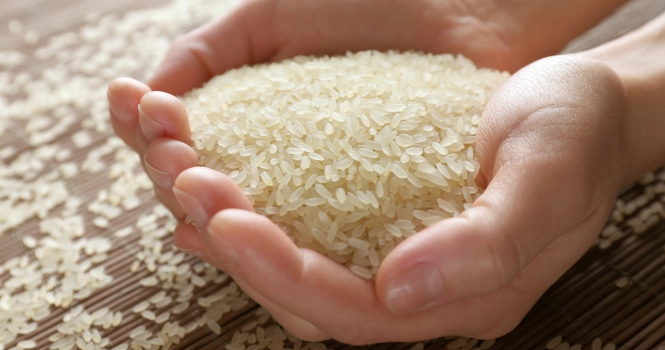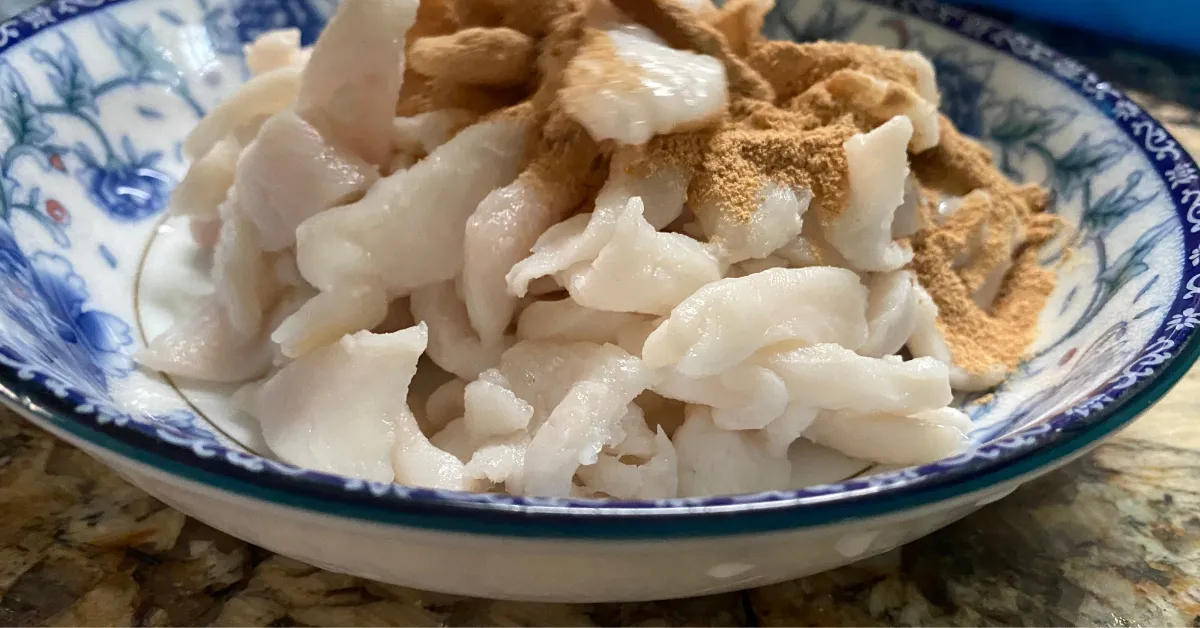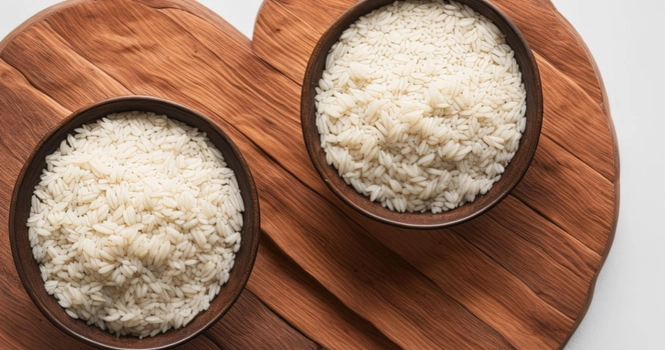Exploring the Link Between Rice Consumption and Bloating

Rice is a staple food for many cultures around the world, valued for its versatility and nutritional benefits.
However, some individuals may wonder, “Does rice cause bloating?”
This is a valid concern, especially for those sensitive to certain foods or with specific digestive issues.
Let’s delve into the relationship between rice and bloating, exploring the factors that may contribute to this discomfort and how to mitigate them.
Rice and Digestion
Rice, particularly white rice, is generally considered easy to digest due to its low fiber content. It’s often recommended as part of a bland diet for people experiencing acute digestive issues like gastroenteritis.
However, not everyone’s digestive system responds to rice in the same way, and there are a few reasons why rice might cause bloating in some individuals:
1. High Carbohydrate Content: Rice is rich in carbohydrates, which can ferment in the large intestine, producing gas that leads to bloating, especially in individuals with a sensitive gut or conditions like Irritable Bowel Syndrome (IBS).
2. Fiber Content: While white rice is low in fiber, whole grain varieties like brown rice have more fiber, which is beneficial for digestion but can also cause gas and bloating in people not accustomed to high-fiber diets.
3. Portion Size: Consuming large portions of rice can lead to overeating, which puts pressure on the stomach and may contribute to bloating.
4. Rice Types and Cooking Methods: Certain types of rice and cooking methods might affect digestibility. For example, overcooked rice may be easier to digest, while undercooked or al dente rice might be more challenging and lead to bloating.
Mitigating Bloating from Rice
If you find that rice causes bloating, consider the following tips to minimize discomfort:
- Gradually Increase Fiber: If you’re switching from white to whole grain rice, increase your intake slowly to allow your digestive system to adjust.
- Watch Portions: Be mindful of portion sizes to avoid overeating.
- Chew Thoroughly: Eating slowly and chewing well can aid digestion and reduce the amount of air swallowed, which contributes to bloating.
- Rinse Rice Before Cooking: Rinsing rice can remove excess starch, potentially reducing the risk of bloating.
- Experiment with Different Varieties: Some people may find certain types of rice easier to digest than others. Experimenting with various types can help identify the best option for your digestive comfort.
- Stay Hydrated: Drinking plenty of water, especially when increasing fiber intake, can help ease digestion and reduce bloating.
While rice is a nutritious and generally digestible food, it can cause bloating for some individuals due to various factors like fiber content, portion sizes, and individual digestive sensitivities.
By understanding these factors and making appropriate adjustments, you can enjoy rice as part of your diet without discomfort. If bloating persists, it may be helpful to consult a healthcare professional to rule out any underlying digestive conditions.












